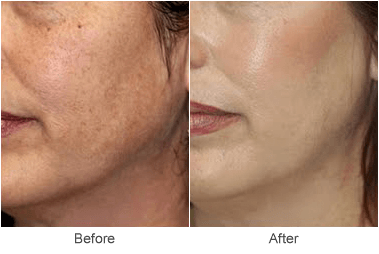If aging, acne, or
too much time in the sun has left your face with blotches, scars, wrinkles,
or lines, laser skin resurfacing
may help your skin look
younger and healthier.
Laser skin resurfacing removes skin
layer by layer with precision. The new skin cells that form during healing give
the skin a tighter, younger looking surface. The procedure can be done alone or
with other cosmetic surgeries on the face
PREPARING FOR LASER RESURFACING
Start by consulting a plastic
surgeon or dermatologist to find out if you're a good candidate.
- Tell your doctor if you
get cold sores or fever blisters around
your mouth. Laser skin resurfacing can trigger breakouts in people who are at
risk.
- If you decide to go
ahead with laser skin resurfacing, your doctor will ask you to not take
any medications or supplements --
such as aspirin, ibuprofen,
or vitamin E --
that can affect clotting for 10 days before surgery.
- If you smoke, you should
stop for two weeks before and after the procedure. Smoking can
prolong healing.
- Your doctor may
prescribe an antibiotic medication beforehand to prevent bacterial infections and
also an antiviral medication if you are prone to cold sores or fever blisters.
